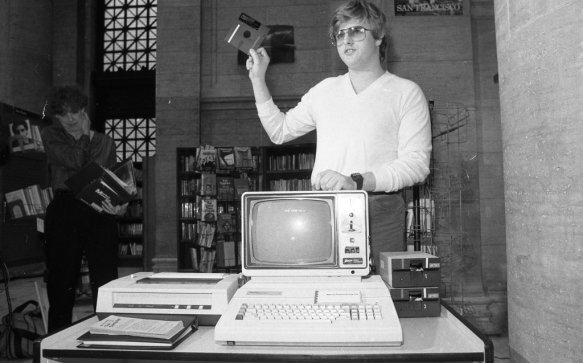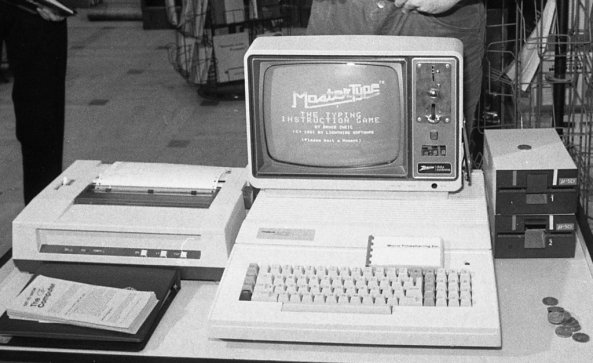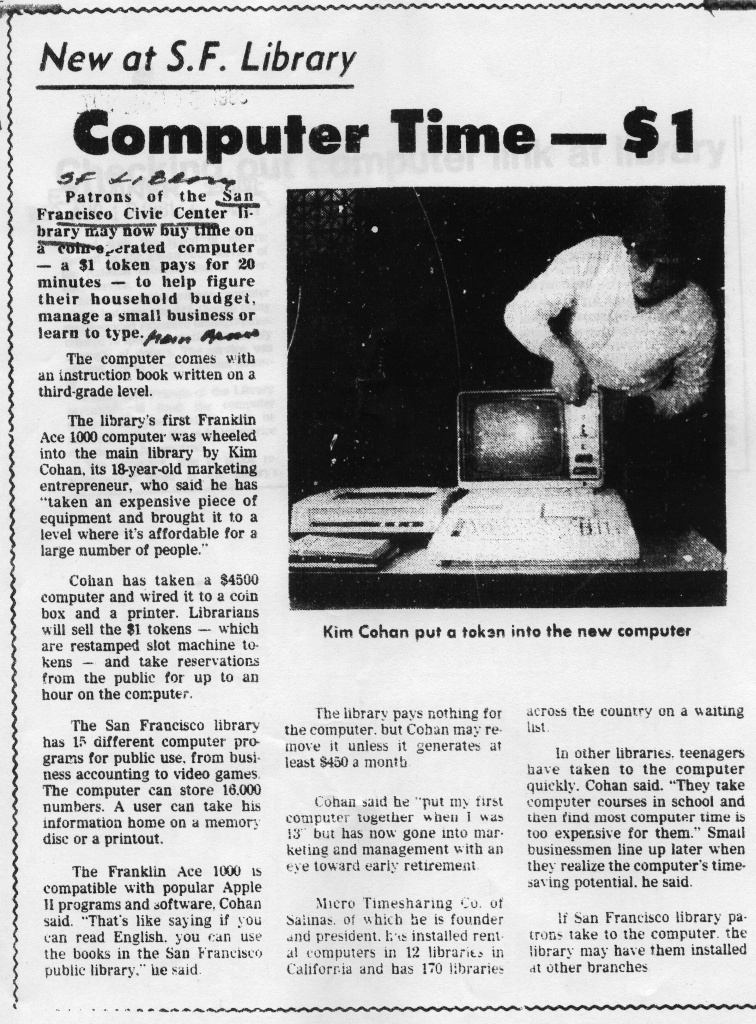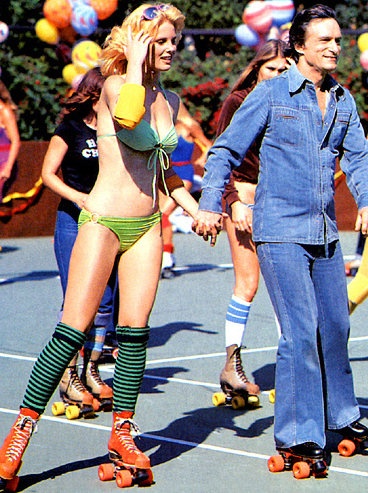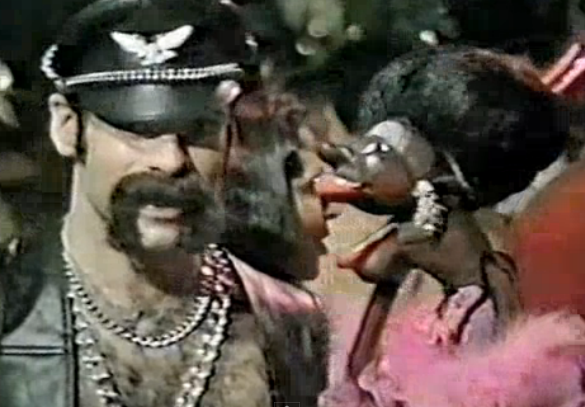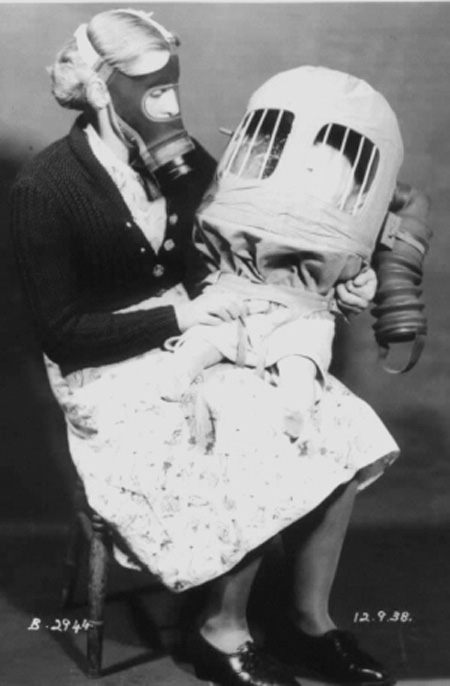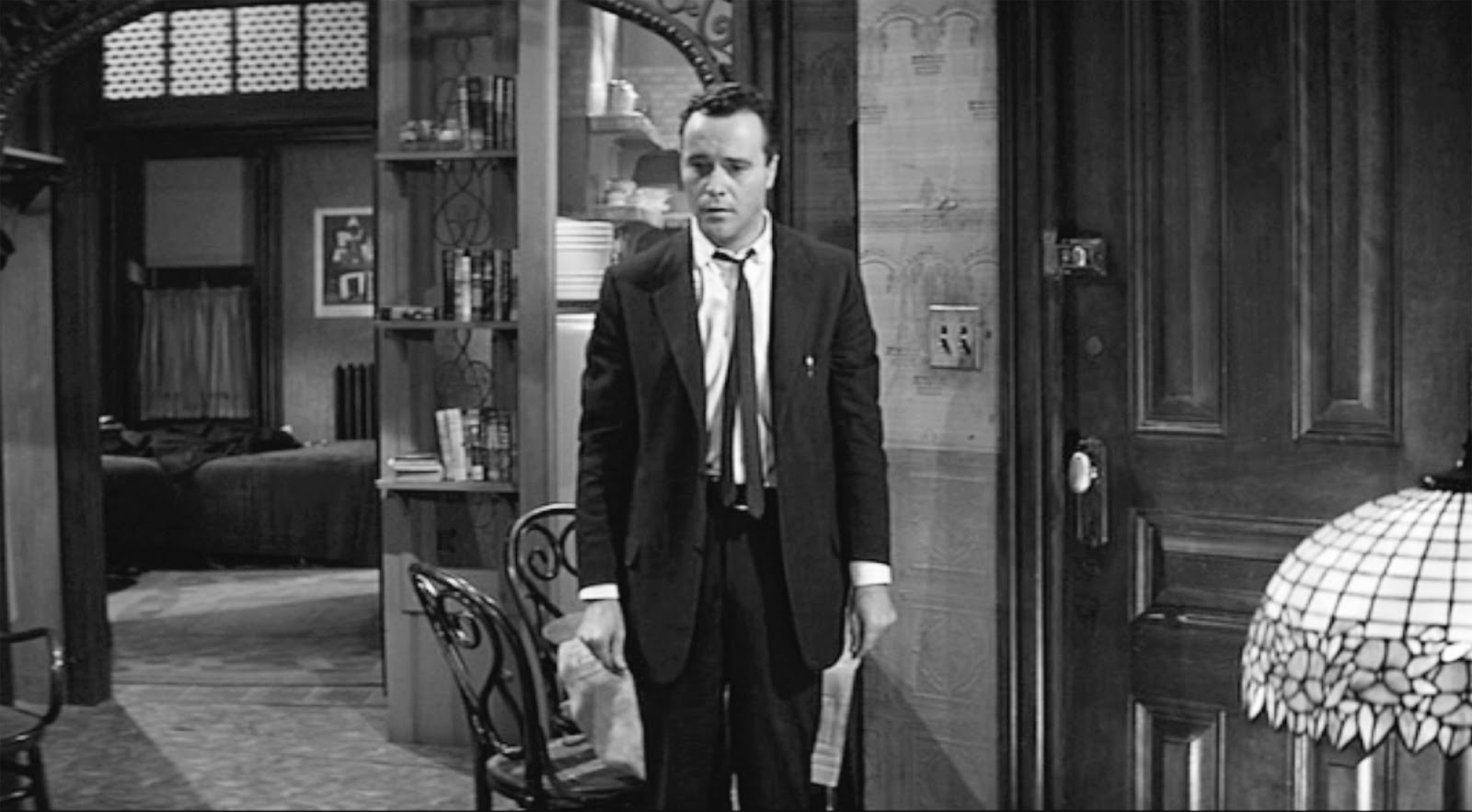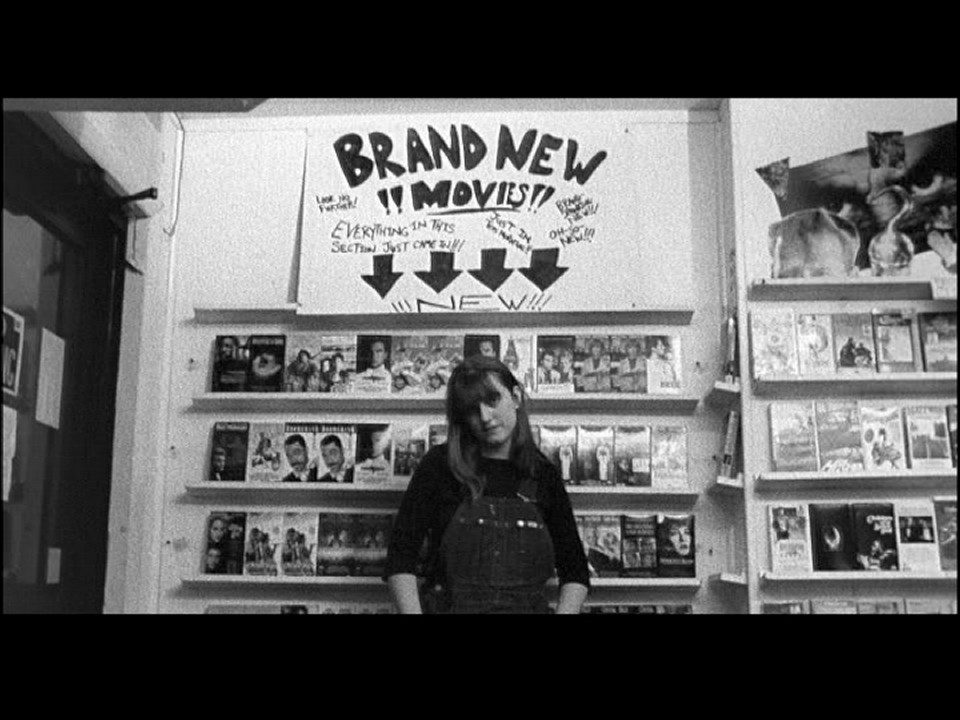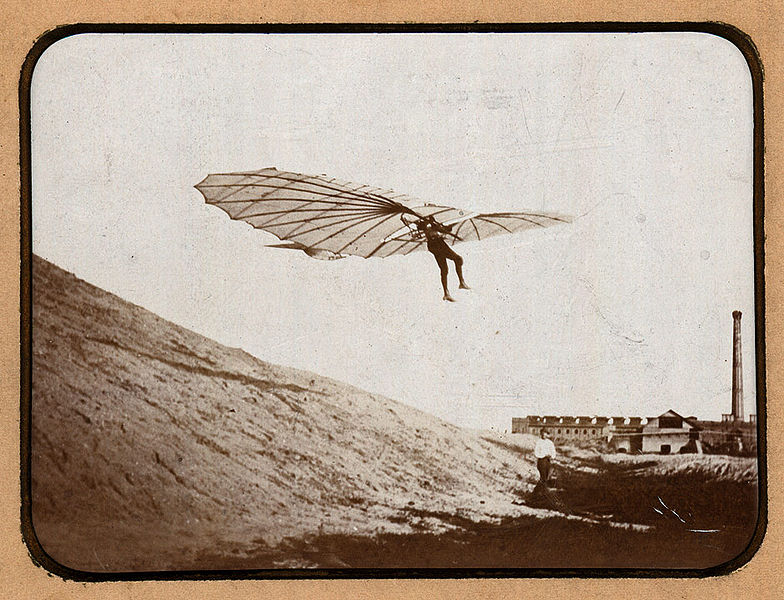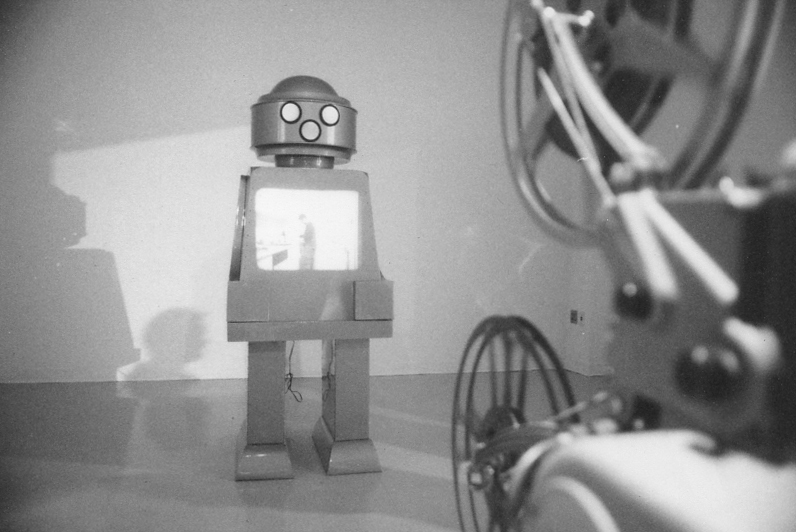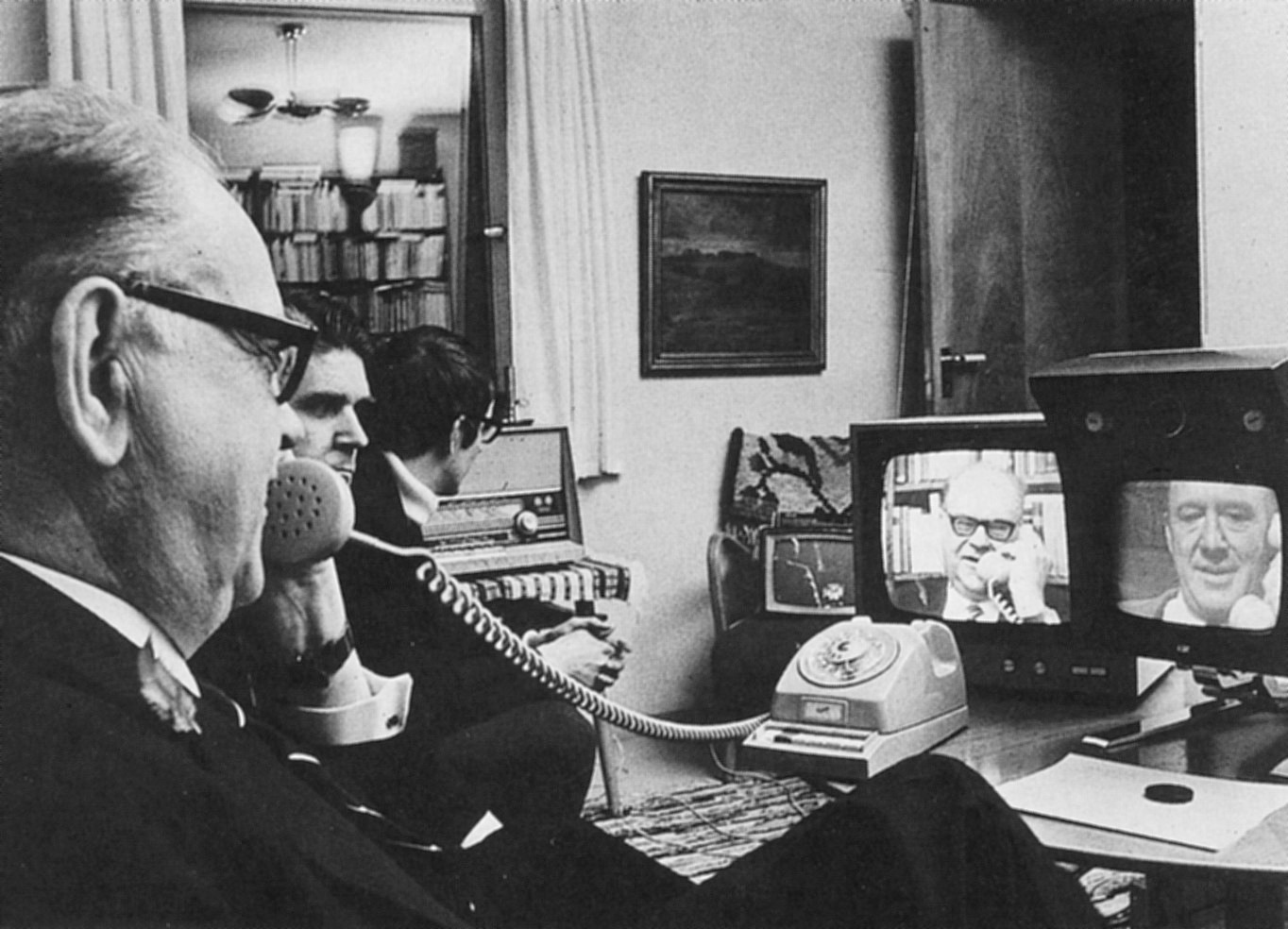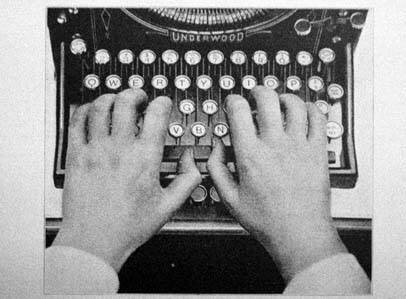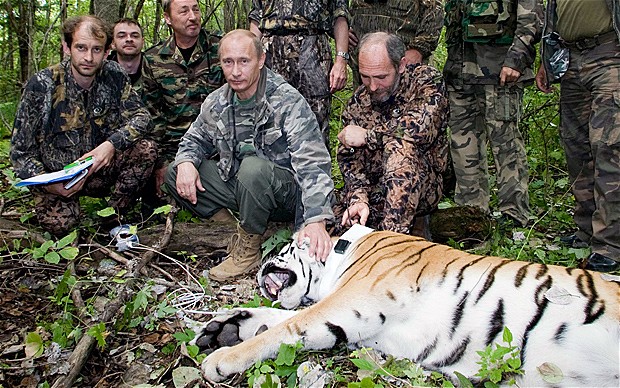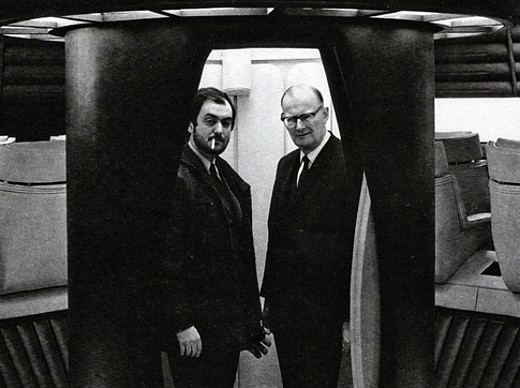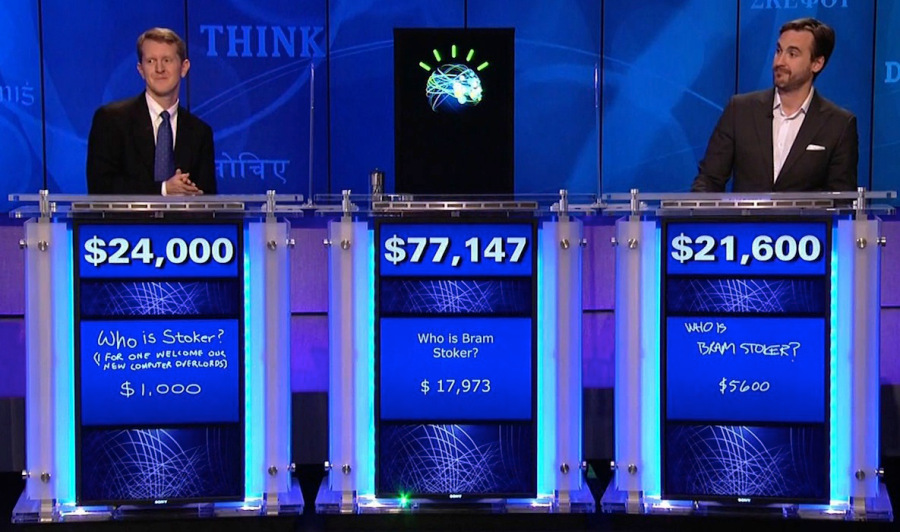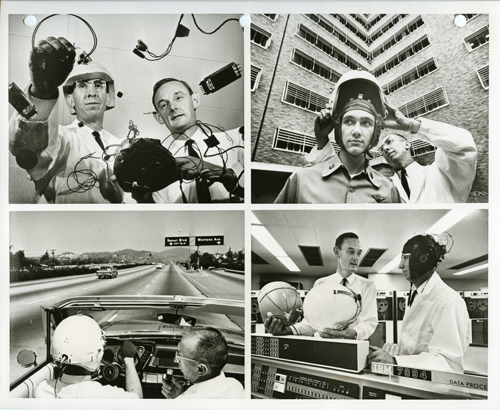
“He was obliged to shut the boy up or keep him chained, as he would eat all the eggs and chickens unless restrained.”
A growing boy with a healthy appetite was the focus of an article in the Detroit Tribune, which was republished in the September 1, 1871 Brooklyn Daily Eagle. An excerpt:
“Johnson, Mich.–A great deal has been said in our local papers lately about the wonderful and unnatural appetite of the boy William Henry Forbes, now confined to the jail in this city, and to-day your reporter availed himself of the opportunity presented to witness an exhibition of the boy’s capacity. The feat, disgusting enough I assure you, was nothing less than the eating of a chicken raw.
Quite a crowd assembled in the jail barn to see the sight which was literally performed. A live chicken and a knife were placed in the boy’s hands when the revolting operation commenced. The chicken was laid on the floor and held down between the boy’s knees, while he sawed the head off with the knife. The boy then placed the bleeding neck in his mouth and deliberately sucked the warm blood from the body. He then began tearing the skin from the body, which proved quite a difficult task, at the same time, as a sort of pastime, chewing pieces of the skin which had been partly denuded of the feathers. Then beginning with one leg, the disgusting lunch began. I say lunch, for it was three o’clock in the afternoon, and the boy had already eaten three men’s rations for his dinner. After finishing both legs, he stopped long enough to remove the entrails, when he proceeded to finish the chicken. The fact of his eating the chicken in this way was no less surprising than his manner during the performance. He stood in the middle of the floor, apparently regardless of lookers on or their jokes, his whole attention seemingly engaged in what he was doing, and his inhuman meal was also eaten with evident relish. While eating the chicken, in reply to some questions he said he once swallowed a young duck alive, and no one doubted the statement after seeing him.

“He said he once swallowed a young duck alive.”
In conversation the boy seems quite intelligent. He is nearly 15 years old, but is not larger than a boy of 12, and has a hungry wolfish expression, which creates the impression that he has been starved at some period in his life. He was taken from the poorhouse about six years ago by Ira Gavitt, a farmer in the Township of Summit, and at that time ate no more than ordinary boys of his age. He was brought into notice by the arrest of Gavitt on complaint of his neighbor for abusing the boy. Gaviitt claims that he was obliged to shut the boy up or keep him chained, as he would eat all the eggs and chickens unless restrained. The boy will not say anything against Gavitt or his family.
The case is one well worthy of the attention of the medical fraternity. The boy was placed in jail on a charge of stealing, but really it was done to get him out of Gavitt’s hands. He really ought to be sent to the House of Corrections or the Reform School, where he can receive good medical attention, as there can be no doubt that his terrible appetite is a disease. He was asked if he could eat a baby, and he replied that he could if he should try. It is said that he attacked a boy on one occasion, telling him he must kill him to get his blood, for he must have blood.”

